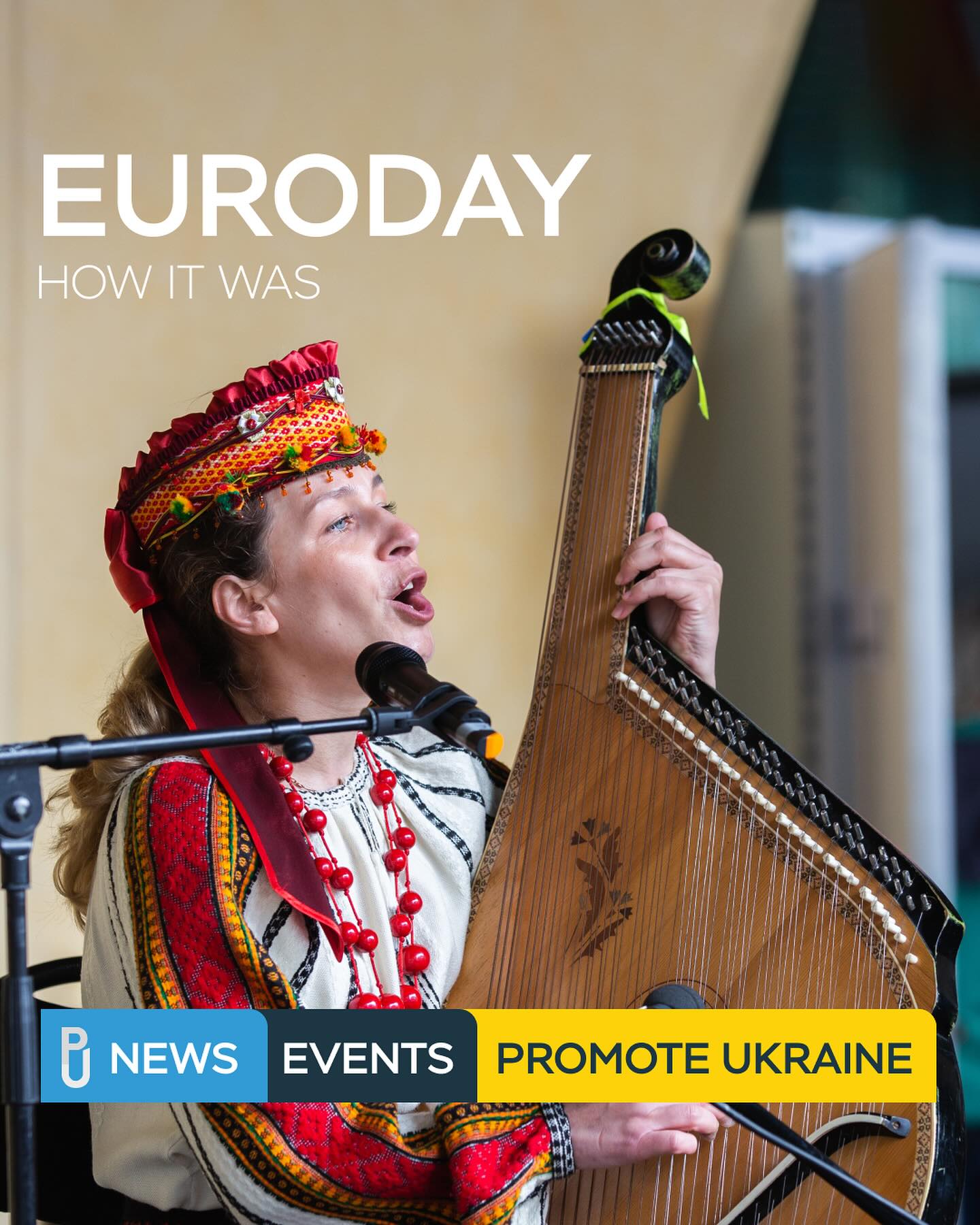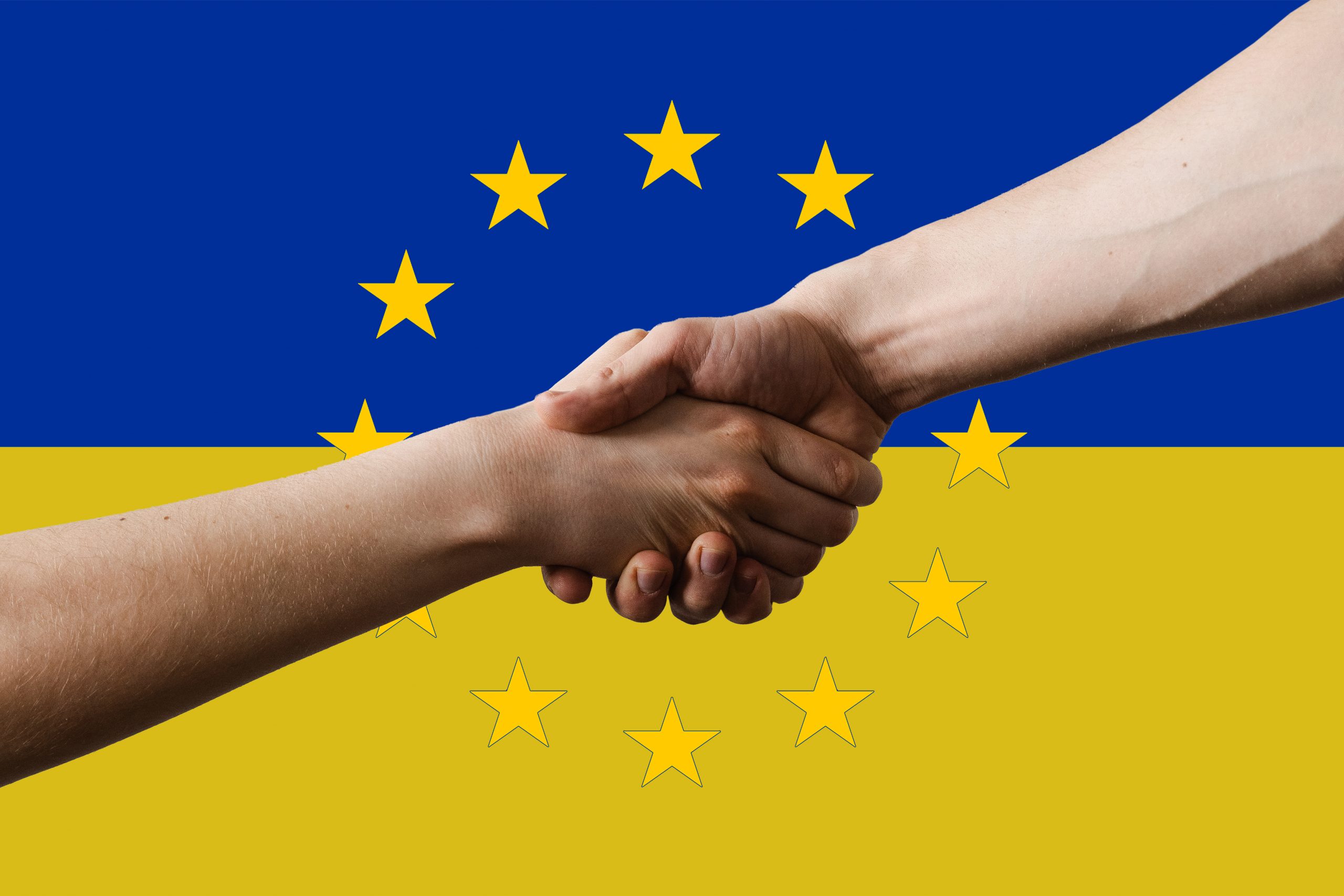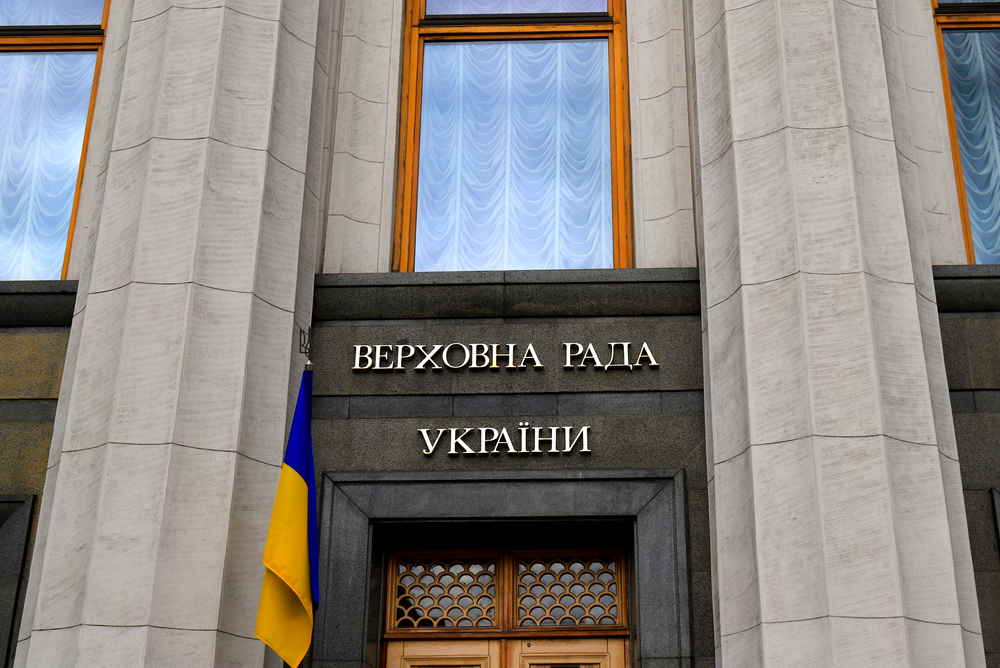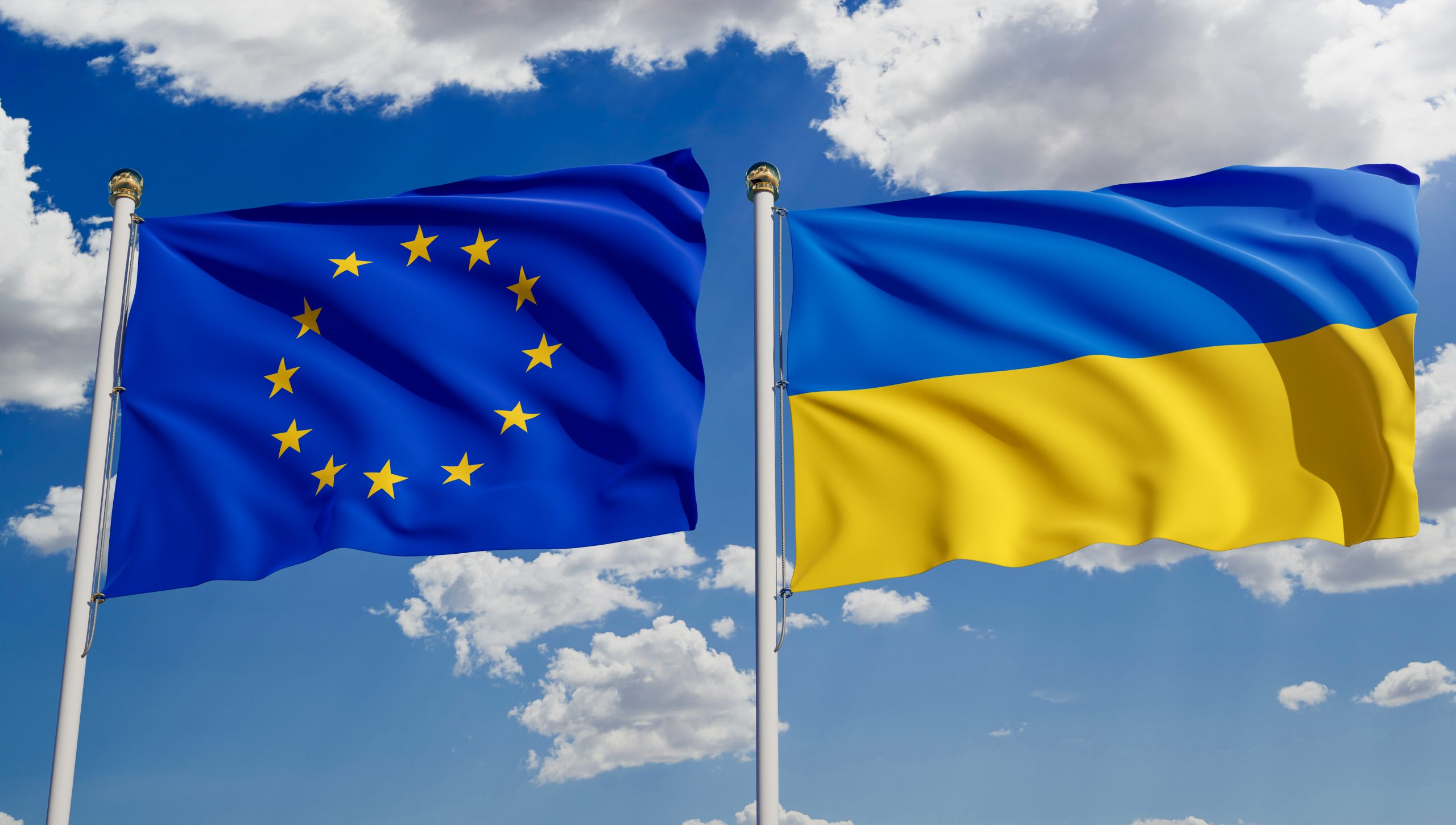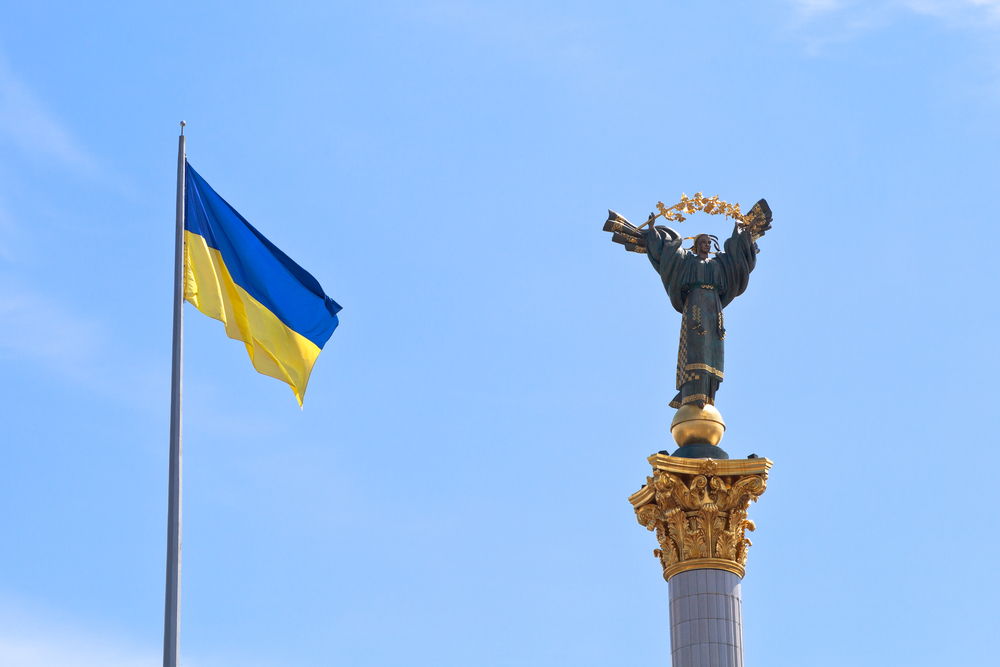In the next 10 years it will be clear whether Kyiv becomes a member of the European Union (EU); Ukraine’s European integration is not directed against Russia; and free trade between the EU and Ukraine is a success story, says Andrius Kubilius, co-president of the Euronest Parliamentary Assembly, an interparliamentary forum between the European Parliament and Eastern Partnership countries including Ukraine. Mr Kubilius, the Lithuanian Member of the European Parliament (MEP) from the European People’s Party (EPP) shared his thoughts with Marta Barandiy, representative of Asters Law Firm in Brussels and Natalia Richardson, journalist of Promote Ukraine about Ukraine’s current performance on the European stage and its chances of being invited into the EU family.
Europe’s mood towards Ukraine and Russia is, let’s say, more pro-Russian now than it was two years ago. What about the European Commission? If you look at biographies of the new president of the Commission, of Commissioners and so on, we do not see that they are really friends of Ukraine, and it seems that they are not so interested in Ukraine. Is this true?
Of course, we would like to see maybe stronger language sometimes and deeper engagement. But I am not pessimistic from that point of view. First of all, last year, when we were newcomers, we were kind of sceptical about the European Parliament. We were worried because it looked like nobody was speaking about Ukraine anymore, nor about the Eastern Partnership or even about Russia. That’s why we started to create forums (on the EU Neighbourhood and Russia – ed.). Then we became a little more optimistic when we saw that really the climate in the Parliament is not bad. We had several resolutions, including one on Ukraine and political prisoners, then another about the Molotov-Ribbentrop Pact. Putin became very, very angry after this resolution passed. Those resolutions were passed with a huge majority and strong statements from different groups. We then started to target also the Commission. First, we are, of course, trying to have a good partnership with the Commissioner for Neighbourhood and Enlargement; we have talks that went well.
Then, of course, a very important person is vice-president of the Commission, Josep Borrell. When he was going through appointment, approval procedure, he used good language in the hearings, I would say. Strong language. And sometimes for us, it looked like he was reading our papers and then repeating us (laughs). And I agree absolutely with his philosophy. Borrell’s philosophy was something like that: if the EU wants to be a globally important power, geopolitically important power, first of all, the EU needs to take care of its own neighbourhood, from a geopolitical point of view. And there is the southern neighbourhood, there are the Western Balkans, and there is the Eastern Partnership. And that is what he is formulating in a very clear way.
Can you call the Free Trade Area between Ukraine and the EU a success story?
I think so. Absolutely. Because it is really very ambitious and it opens a lot of possibilities. As always, with free trade, things do not all happen in one night. I remember very well our own experience with a free trade and association agreement, starting from 1995. We had many concerns that our agriculture would lose competition in a free trade arrangement, that some other areas will suffer. But in the end, it appeared that it was exactly the opposite. Our agriculture had the biggest success being part of the single market and being in free trade conditions.
So now, I would be happy to see that the EU-Ukraine trade would increase even more rapidly. Ukraine has a very big potential to be successful in a competitive economy. Of course, for that Ukraine needs to do its own homework, which sometimes is not so easy. Like land reform or some other issues. I think that Ukraine can be very attractive for foreign direct investments for international financial institutions to invest into some big infrastructural projects. But Ukraine needs to be effective in attracting those investments.
Are you in favour of the land law that Servant of the People is proposing?
I do not know all the details of course. Four thousand amendments are quite a job to do. But in general, to have a European type of land regulation, land law, with a possibility to sell, to use the land as collateral to the banks – that is what is very much needed for the economy. That’s what we did back in 1995-1997. Again, we had huge discussions in Lithuania. Perhaps we did not have 4,000 amendments, but quite a lot of amendments were put into that law. But we did the law exactly according to all EU regulation in that area. And that created a basis for modern agriculture to be created in Lithuania.
Was there resistance?
Sure, sure! On one side there was resistance because of a belief that foreigners would buy all the land and we would be without any land in Lithuania at all. So, we introduced a so-called transition period and finally, we allowed foreigners to buy the land only in 2014. That diminished, at that time, some of the emotional tension that Germany or the Netherlands would come and buy all the land. Now foreigners are free to buy the land, but I do not see German or French farmers rushing to buy our land. Not at all, for the time being.
Second, there was a discussion about how big the plot of the land a farmer can have. That was not regulated from the very beginning in a proper way, so we had some excessive farms. But now people are starting to think about how to regulate land ownership. It is also EU policy not to give direct subsidies to landlords above a certain limit. So, things are really normal, agriculture is in good condition with all the modern technologies and with huge exports to all the different markets. And always, of course, farmers complain that things are not good. Lithuanian farmers are demanding a bigger budget line in the multiannual financial perspective, so that is pretty normal. Nothing very different from other countries.
Do you see difficulties in the free trade area between Ukraine and the European Union?
I do not know the whole regulation as to how quotas can be increased. As we know in some products, Ukraine is really strong. Ukraine used quotas in the first week. Tomatoes, sunflower oil, ketchup, etc. So that is where things need to be done. As we know, the government is asking for some amendments. I think it is a really good time to do it. And, of course, Ukraine should have a clear goal: for example, to have two-thirds of its export going into the EU market. We went through the same. I remember that in 2000 we had our trade at that time 50/50: 50 percent went to Russia, and 50 percent went to the EU market. In some ways, we can call it luck, or we can use some other words, but there was a crisis in Russia at this time – in 1999-2000, when the Russian market collapsed, our producers understood that it is much better to go to the European market. And that was exactly the factor that pushed them. After that we had 70 percent or something like that go to the EU market, and we are happy.
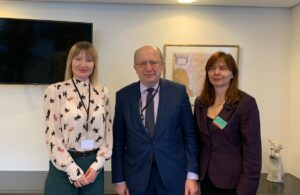 Your party has recently proposed a Trio Strategy for Ukraine, Georgia and Moldova. Is it to replace the Eastern Partnership?
Your party has recently proposed a Trio Strategy for Ukraine, Georgia and Moldova. Is it to replace the Eastern Partnership?
No. It is inside of Eastern Partnership. We still want to keep that camp of the Eastern Partnership, but we want to see it be more effective. Inside we want to see the differentiation, the so-called principle “more for more”. So, if Ukraine does more, then Ukraine gets some instruments from this trio package, which will be devoted only to those three countries. The other three countries are not forgotten – Belarus, Armenia, and Azerbaijan remain in the same Eastern Partnership camp, but they will have a more individualised approach. They are different. We do not propose putting them into another smaller basket because we cannot compare Armenia, for example, with Azerbaijan or with Belarus. This is our view.
For Ukraine, Georgia and Moldova, which are pushing forward reforms, we propose first of all to take as much as possible the different instruments of financial support and instruments for economic development, which were implemented in Western Balkans by the EU, to have some kind of parallel development.
There are no membership perspectives in this plan, right?
For the time being, no. We are still using the same language: Article 49 (of the Lisbon Treaty – PU) allows each country on the European continent sharing the same values as the EU to have EU membership on its agenda. It will take time. But I think this decade will be crucial. I hope that really, by the end of this decade, we will have a different picture. Here it will be political will on the EU side to be open for the integration of those countries wishing to integrate. Not by the end of the decade, but sometime around then, I hope that there are also positive transformations in Russia itself, that Russia will come back to more democratic developments. That is what we are also trying to discuss in our two forums.
 What is the idea behind this informal forum with Russia?
What is the idea behind this informal forum with Russia?
We have two forums. One forum on the Eastern Neighbourhood, where we are discussing all those issues connected with the Eastern Partnership strategy, individual countries like Georgia or Belarus tomorrow. At the beginning of March, we will have a whole week dedicated to Ukraine, with nice events and also serious discussions. That is one thing which we are doing. And there is another thing. Because, of course, the Eastern Partnership is a strategy targeted towards a region between the EU and Russia and, of course, we cannot avoid speaking about Russia. We have heard the statements of French President Macron, and we are sceptical of the possibility of resuming or supporting the dialogue with Putin. I see some danger in these sentences, and I am openly saying that if that vision of Macron will start to be implemented, then the price for it can be paid by Ukraine. That is our view. We are proposing to speak much more about what EU strategy we need to have towards Russia in order to help Russia at some time to transform itself into a more democratic and European-style development. We don’t expect it will happen whilst Putin is leading Russia. And here, we see two significant instruments that the EU might deploy. One is the power of Ukraine’s successes, which can be used by the EU as an example which will both assist Ukraine’s further development while also having a positive impact on ordinary Russians, forcing them to ask questions about why Ukraine is closer to Europe and why it is becoming a success story while Russia is left somewhere in the wild east. And the second, of course, is to show Russian people again the kind of relationship that could be established between the EU and a democratic Russia, once Russia becomes a democracy. I mean very practical instruments like the visa-free regime, free trade or something like that in order to show Russian people what they are losing whilst they have such a regime. So that’s what we are discussing. We had the first discussions, and now we will have further discussions. It was successful, and it was in the presence of Russian opposition people, experts, and so on. We are also trying to show here in the Parliament and in European capitals that Ukraine’s integration and Ukraine’s success is not targeted against Russia. In some capitals you hear: the EU’s support Ukraine can provoke Putin’s anger. Our view is the total opposite. Ukraine’s success can be helpful for Russia itself if you have a longer-term perspective.
Ukraine has a lot of internal problems, as you know. But, at the same time, the majority of Ukrainians – 60 per cent – want to join the EU. Do you think that a country with such aspirations can at least apply for membership in the foreseeable future?
Everything is possible. You know it is a question of tactics and a choice of when to do what. Now there is also some kind of a new stage in the enlargement policy, and we still need to understand what that new enlargement methodology means. For the time being, it is applicable only for the Western Balkans, but methodology itself has some positive developments, and I think offers real encouragement for moving forward. It brings the possibility of integration into specific areas of EU policies without waiting until the final decision on membership is made, and so on. Of course, now all the language is targeted towards Western Balkans, as I said. But we have a very clear understanding it is the same methodology, which at some time will also be applied for Ukraine.
There was escalation recently in Eastern Ukraine. Do you think it is a reaction of pro-Russian or Russian forces on Ukraine’s dismissal of the 12-step-plan that was published at the Munich conference? What is the reason behind the escalation?
There can be all possible reasons. I don’t know what the reasons are. I would not connect with that 12-step-plan. I think that, as usual, everything is decided in the Kremlin. The question is why the Kremlin is initiating this kind of provocation. I see it as a question to which I do not have a proper answer. Everything is interconnected in the Kremlin: one sees the Normandy process, you can see the 9th of May coming, Putin’s attempts to change the Constitution for himself – everything is interconnected. So, something, some interconnection in between of all those events. It is sad that people are still killed, Ukrainian soldiers are killed, it also sends a signal that despite all the peaceful language from the Kremlin you can expect whatever that can happen, that is also a signal not only to Ukrainians but also to Europeans that we need to be ready. And all those attempts to embrace Putin into a new loving relationship, I think, are very naïve.
Marta Barandiy and Natalia Richardson






 UA
UA FR
FR DE
DE
